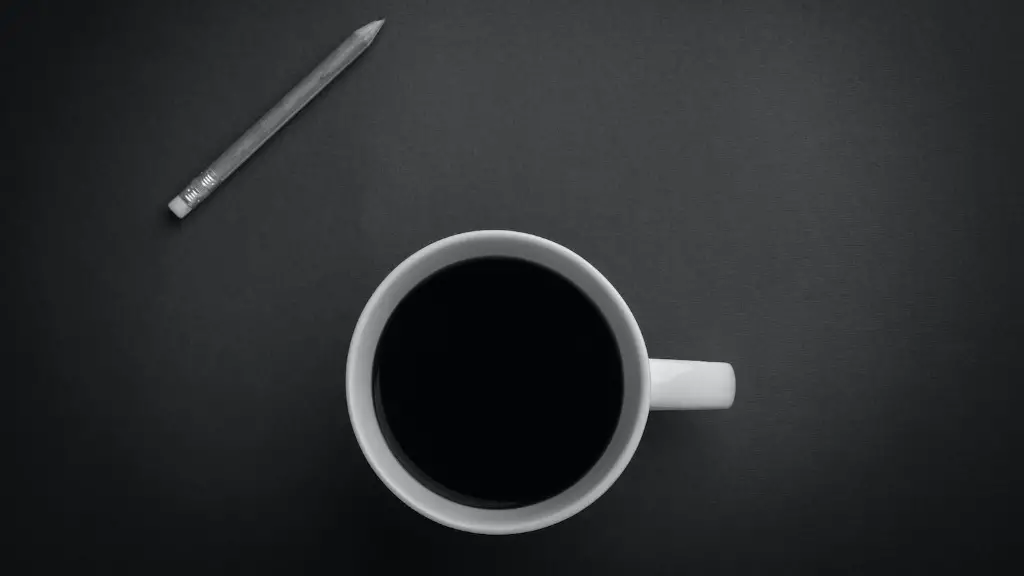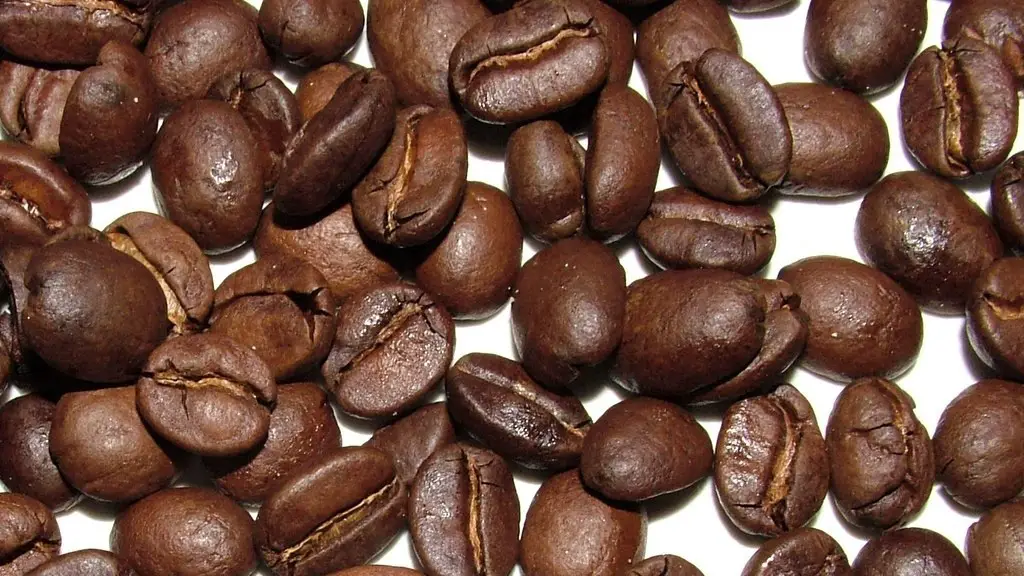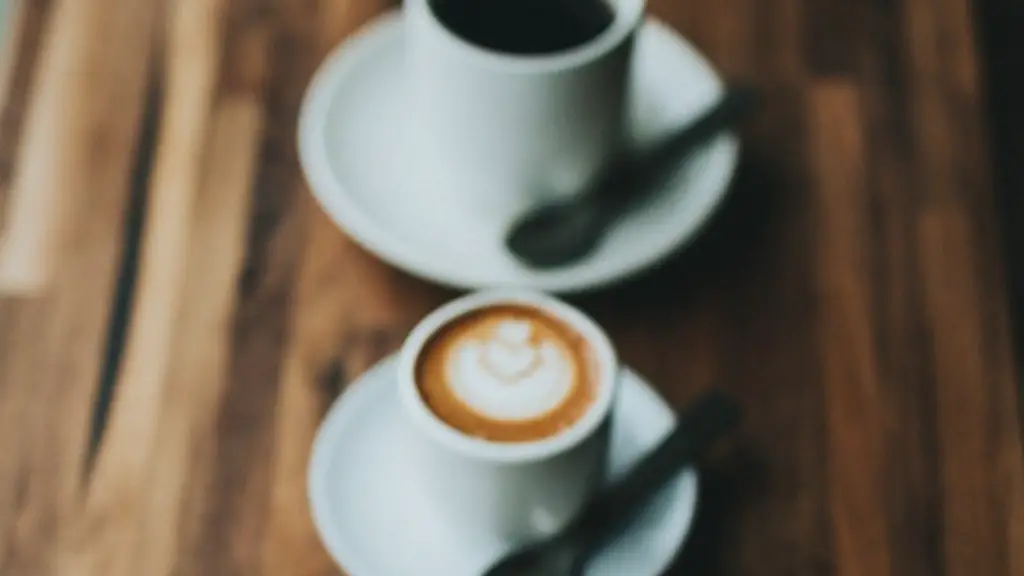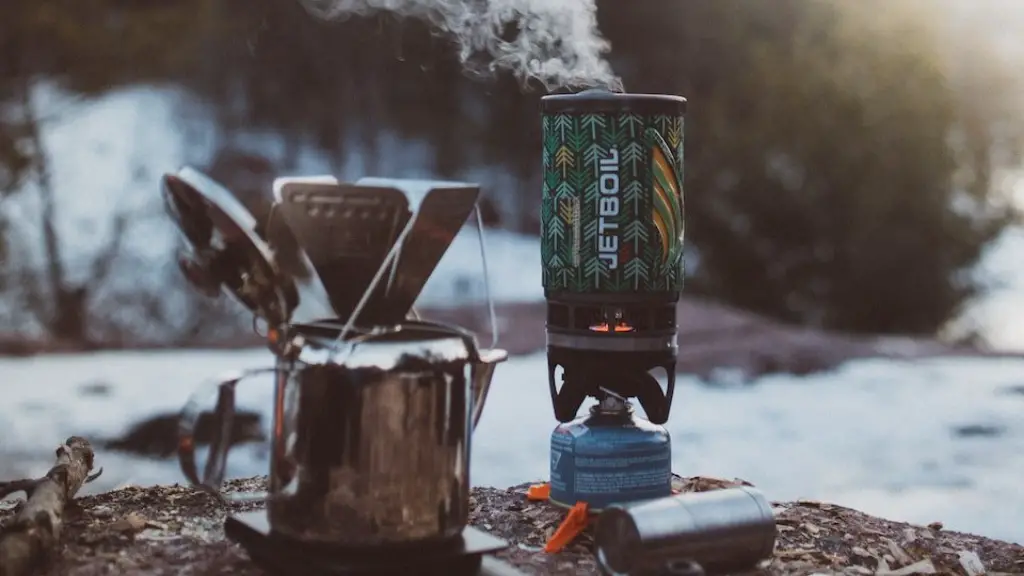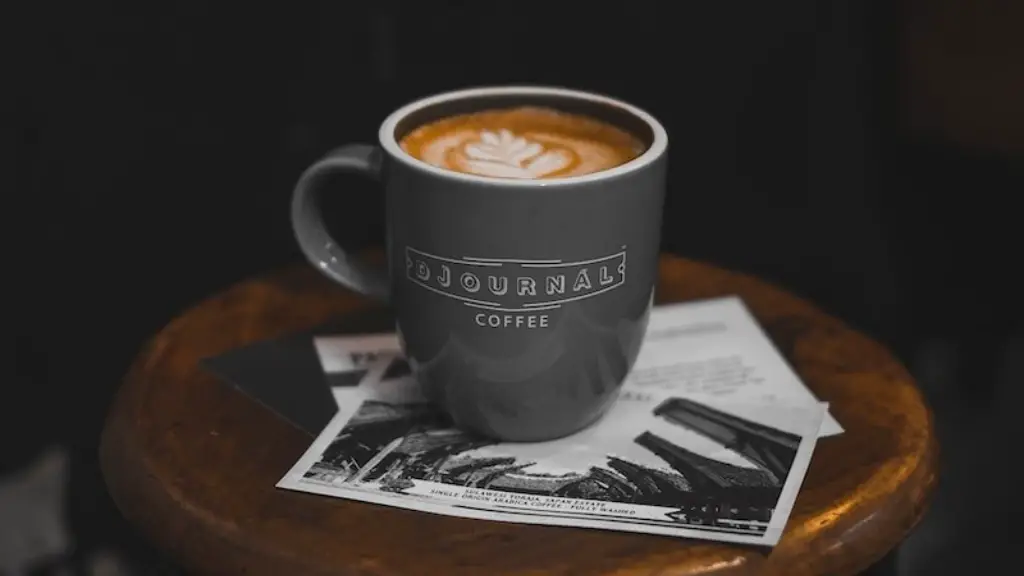Yes, eating coffee beans does give you energy. The caffeine in coffee beans is a stimulant, which means it can help to increase your alertness and energy levels. When you consume caffeine, it blocks a chemical called adenosine in your brain. Adenosine is responsible for making you feel tired, so by blocking it, caffeine keeps you from feeling exhausted. Caffeine also increases the release of dopamine and norepinephrine, which are chemicals that can improve your mood and focus.
Coffee beans do contain caffeine, a natural stimulant that has been shown to improve alertness and focus. However, the effects of caffeine on energy levels vary from person to person. While some people may feel more energetic after eating coffee beans, others may not notice any difference.
What happens when you eat coffee beans?
Eating coffee beans is a great way to get a small caffeine fix. You may not get much caffeine from eating the beans, but it’s a nice treat nonetheless. Go for it and see if you like them!
Coffee beans are a great way to get a quick caffeine and antioxidant boost. On average, eight coffee beans have the same amount of caffeine as one espresso. However, your body will absorb the caffeine more quickly, so be careful if you are sensitive to caffeine.
Does eating espresso beans give you energy
Dilettante’s Chocolate-Covered Espresso Beans are a delicious treat that are easy to enjoy. However, it is important to not eat too many of them in the evening. Similar to coffee, the beans are caffeinated. However, eating them whole provides more energy than drinking a cup of coffee. So, if you’re looking for a little boost of energy, these beans are a great option. Just be sure to moderate your intake so you don’t end up feeling jittery or wired before bed.
Raw, or green, coffee beans are highly acidic and are said to have a “grassy” or “woody” flavor. They are much harder than roasted beans, making them difficult to chew. When you process a coffee bean, then the darker the roast, the softer that the beans will become.
Why do bodybuilders eat coffee beans?
Coffee is a great way to increase strength and energy before a workout. The caffeine in coffee helps to blunt the pain associated with anaerobic training, making it easier to push through and reach your goals. Coffee also helps you to recover from intense training sessions by reducing inflammation and promoting muscle repair. Additionally, the antioxidants in coffee help to fight the free radicals generated during training, helping to keep your body healthy and strong.
The coffee bean has been a part of human culture for centuries, with the earliest records of coffee consumption dating back to the 15th century. The coffee bean was originally consumed as a whole, mixed with animal fats and used as a source of extra energy. It wasn’t until the 17th century that coffee started to be brewed and drunk as we know it today. Although the coffee bean has been around for a long time, the idea of eating coffee beans as a snack is relatively new. The first recorded instance of coffee beans being eaten as a snack was in the early 1800s, when Austrian botanist Franz Xavier Wolff noted in his diary that he had seen people eating roasted coffee beans. It wasn’t until the late 19th century that coffee beans became widely available as a food product, when they started being sold in the United States as a health food. Today, coffee beans are a popular snack food, often consumed for their nutritional benefits and as a source of energy.
How long does it take for coffee beans to kick in?
Caffeine affects everyone differently, depending on factors like age, weight, metabolism, and how often you drink caffeinated beverages. However, in general, the effects of caffeine can be felt within 15 minutes of consumption and peak after one hour. Caffeine stays in your system for several hours, so you may feel its effects for some time after drinking caffeine.
An average cup of coffee contains between 95-100mg of caffeine, while an average espresso bean contains about 6mg of caffeine. You can approximate that 16-17 beans would equal a cup.
How much caffeine is in one coffee bean if you eat it
Caffeine is a stimulant that can be found in coffee beans. Caffeine can have different effects on people, depending on how sensitive they are to it. Some people may feel more alert and energetic after drinking coffee, while others may feel anxious or jittery.
A combination of carbohydrates, fats and proteins is good for you. Carbs will provide you with some quick energy while protein and fats will keep you full and prevent you from burning through energy too fast. Try an unsweetened low-fat Greek yogurt with unsweetened granola or an apple with peanut butter for a healthy and balanced snack.
What gives more energy than coffee?
Eating apples with peanut butter is a great way to get your daily dose of fruit and protein. The high fiber content in apples will help keep you full, while the peanut butter provides healthy fat and protein. This snack is a great way to stay energized throughout the day.
Coffee beans contain catechols, which have been shown to increase stomach acid. This can lead to heartburn, upset stomach, bloating, and nausea. Again, moderation is key. Even the best chocolate-covered espresso beans require some level of self-control.
Do people eat straight coffee beans
Yes, coffee beans are edible. They are the seeds of the coffee plant and many coffee lovers enjoy eating them roasted and covered in chocolate.
Caffeine is consumed regularly by many people around the world and is generally safe for healthy individuals. The amount of caffeine that is considered safe to consume depends on the person’s sensitivity and tolerance. For most people, consuming up to 400 mg of caffeine per day is safe. This is equivalent to eating 40 to 80 coffee beans.
Which coffee beans are best to eat?
There is no definitive answer to this question because everyone has different taste preferences. However, some of the coffees that are generally considered to have excellent flavor include Tanzania Peaberry, Hawaii Kona, Nicaraguan, Sumatra Mandheling, Sulawesi Toraja, Mocha Java, and Ethiopian Harrar. If you want to try some of the best coffees in the world, start with one of these varieties!
There is a significant difference in the way that caffeine affects men and women when it comes to hormone levels. For men, consuming caffeinated coffee increases their levels of testosterone, while for women, it has the opposite effect. This is likely due to the fact that caffeine is a stimulant, and therefore has different effects on the body depending on sex.
Why do bodybuilders drink black coffee
Drinking a cup of black coffee before workout can help you get an extra boost of energy to reach your peak performance in the gym. Coffee is rich in vitamins, minerals, antioxidants and compounds such as caffeine, which can help improve your physical and mental performance.
Caffeine can be a great pre-workout beverage to help improve physical performance and cognitive function. However, it is important to be aware of the potential risks of caffeine, such as insomnia, jitters, and stomachache. If you are considering using caffeine before working out, be sure to talk to your doctor first to see if it is right for you.
Conclusion
Coffee beans do contain caffeine, which is a stimulant and can help to increase energy levels. However, it is important to note that everyone reacts differently to caffeine. Some people may find that they get a boost of energy from consuming coffee beans, while others may instead find that they become more jittery or anxious. It is best to experiment to see how coffee beans affect your own energy levels.
Coffee beans do contain caffeine, which is a known stimulant and can provide a temporary energy boost. However, it is important to remember that caffeine is also a diuretic, so it is important to stay hydrated when consuming caffeine in any form.
